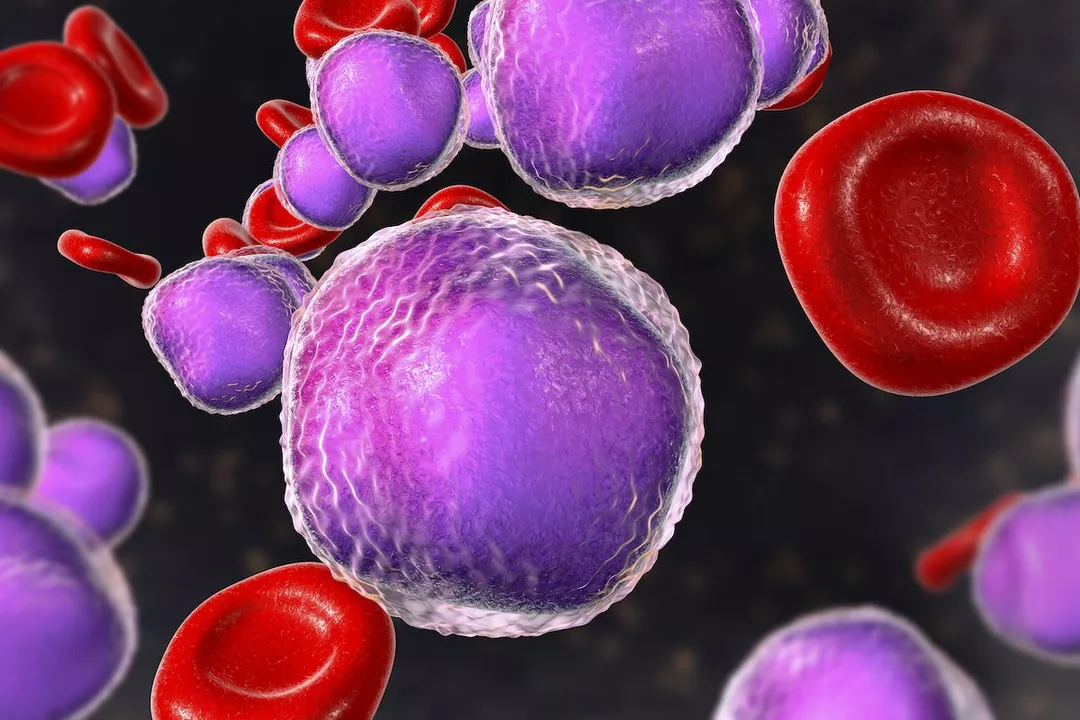Immunotherapy Explained – What It Is, How It Works, and Why It Matters
If you’ve heard the term immunotherapy pop up in news feeds or doctor’s offices, you might wonder what it really means. In simple terms, immunotherapy is a treatment that helps your own immune system recognize and attack disease cells, especially cancer cells. Instead of attacking the problem directly with chemicals, it trains your body’s defenses to do the heavy lifting.
Why does this matter? Traditional treatments like chemotherapy hit both sick and healthy cells, leading to nasty side effects. Immunotherapy aims for a smarter approach: boost what already works inside you while sparing most normal tissue. That’s why patients and doctors are excited about it.
How Immunotherapy Helps the Body Fight Disease
The immune system is like a security team that patrols your body, looking for anything out of place. Cancer cells are sneaky—they disguise themselves so the security team can’t spot them. Immunotherapy removes that disguise or gives the guards new tools. For example, checkpoint inhibitors block proteins that tell immune cells to stand down, allowing them to attack tumors.
Another method uses engineered T‑cells—your body’s own killer cells that are modified in a lab to hunt specific cancer markers. When these cells are put back into your bloodstream, they act like elite special forces targeting the bad guys only.
Common Types and What to Expect
There are several popular forms of immunotherapy:
- Checkpoint inhibitors: drugs such as pembrolizumab or nivolumab that release the brakes on immune cells.
- CAR‑T cell therapy: patient’s T‑cells are taken out, reprogrammed to recognize cancer, and infused back.
- Cytokine therapy: uses proteins like interleukin‑2 to boost overall immune activity.
- Cancer vaccines: train the immune system to spot tumor‑specific antigens before they grow.
Most treatments are given by IV infusion, similar to chemo, but the schedule can vary—from a few doses over weeks to ongoing maintenance. Many patients notice fatigue or flu‑like symptoms early on; these usually fade as the body adjusts.
Side effects differ from drug to drug. Checkpoint inhibitors can cause inflammation in organs like the lungs or liver, while CAR‑T therapy may lead to cytokine release syndrome—high fever and low blood pressure that doctors monitor closely. The good news is that side effects are often manageable with steroids or other supportive meds.
Because immunotherapy works by harnessing your own defenses, it can keep working long after the last dose. Some patients stay cancer‑free for years, something rare with older treatments. However, it’s not a one‑size‑fits‑all solution; doctors match the right type to the specific cancer and its genetic profile.
If you’re considering immunotherapy, ask your doctor about eligibility criteria, potential benefits, and risks. Knowing whether your tumor expresses certain proteins (like PD‑L1) helps decide if checkpoint inhibitors are a fit. Also discuss how existing health conditions—autoimmune disease, for instance—might affect treatment choices.
In short, immunotherapy offers a smarter way to fight disease by turning your immune system into an ally rather than a victim. It’s reshaping the landscape of cancer care and even shows promise for allergies and autoimmune disorders. Stay curious, ask questions, and keep up with the latest research—what looks experimental today could be tomorrow’s standard treatment.

The Role of Immunotherapy in Treating Chromosome-Positive Lymphoblastic Leukemia
As a blogger, I recently came across an interesting topic about the role of immunotherapy in treating chromosome-positive lymphoblastic leukemia. Immunotherapy has shown great promise in targeting and eliminating cancer cells, specifically in cases where conventional treatments may not be as effective. In chromosome-positive lymphoblastic leukemia, the presence of the abnormal Philadelphia chromosome makes the disease more aggressive and harder to treat. Immunotherapy works by harnessing our immune system's natural ability to detect and fight off the cancer cells, making it a promising alternative treatment option. In conclusion, immunotherapy offers hope for patients with chromosome-positive lymphoblastic leukemia, providing a targeted and potentially more effective approach to treatment.
Detail




